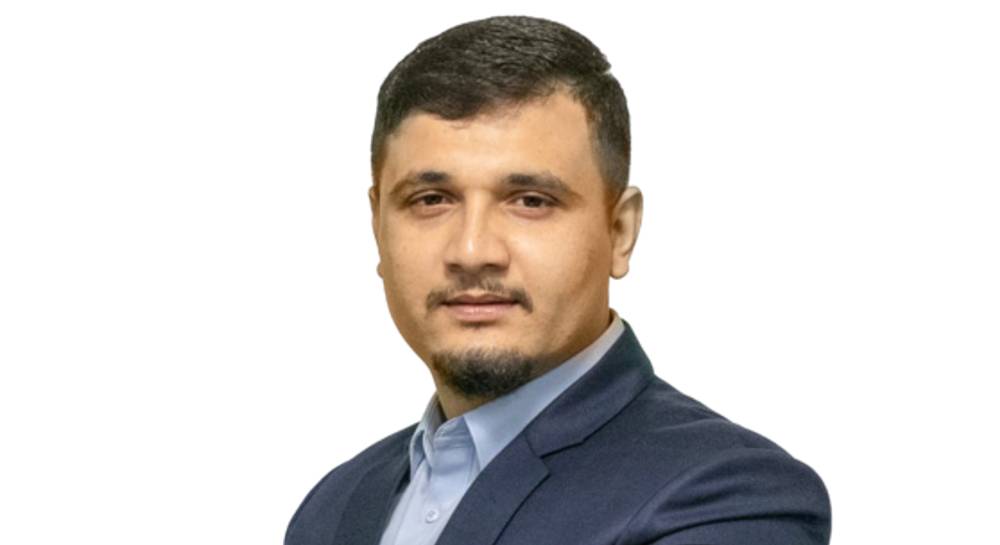
In the pursuit of a just and inclusive society, it is essential to acknowledge and protect the constitutional equality rights of all citizens irrespective of sexual orientation, gender identity, or expression. The Sexual and Gender Minority (SGM) community, composed of homosexuals, third genders and intersex has long been subject to discrimination and marginalization. Every country has a specific territory where all the citizens collectively constitute the nation and the aforementioned communities are among the notable population of the nation. However, members of sexual minorities are subject to discrimination on grounds of sexual orientation or gender identity which often dehumanizes them, and are on the brink of torture and ill-treatment.
Since a long, progress has been made in recognizing and safeguarding their rights within the framework of constitutional law. The international instruments relating to human rights have guaranteed the right to equality to all human beings before the law and guarantee non-discriminatory treatment on any grounds. There shall be no room for any statutory law which is inconsistent with the constitution because in a country like Nepal, where constitutional supremacy prevails, the legislature has supremacy only in the law-making process. The legislature is itself created under the constitution. The legislature cannot enact the law which contradicts the creator, the Constitution. The law being inconsistent with the constitution shall be repealed or amended immediately but it may take time to do so, therefore, Apex Court exercises the extraordinary power to dodge from sabotaging the constitutional right.
The SGM community’s fight for equality is deeply rooted in history, with a legacy of discrimination and persecution spanning centuries. Although the struggle for SGM rights traces back long ago, it has been only several decades since individuals began advocating for their recognition and acceptance. Until recently, the Human Right Principles like: Yogyakarta Principles and other international instruments has advocated the arena of equality for sexual orientation and gender identity. This basically indicates the right to privacy, liberty, equal access to public services, equality before the law and equal protection of the law, right to social security including social insurance, and many more which basically dignifies their existence.
The customary mindset perceives, homosexuals and third gender are mentally ill and are driven by Western inclination. However, contrary to such, sexual and gender identity is based on the physical condition and psychological feelings of an individual leading to a normal lifestyle and innately set as different. And there is no evidence that psychiatric intervention can cure transsexualism, just as there is zero evidence that psychiatry can cure homosexuality. This implies sexual orientation is a natural process in the course of the physical development of a person including self-experience rather than due to mental perversion, and emotional and psychological disorders.
Societal prejudice and criminalization of same-sex relationships were common in Nepal and the largest democratic nation India. Even in the highest freedom nation, the United States, same-sex relationships were criminalized in various states until the late 20th century. However, States realizing it was a gross human rights violation to impose any penalty for sexual relations between same-sex consenting couples, they refrain from such criminalization and were compelled to repeal the discriminating law. Treaty bodies and international covenants have time and again governed the states to take action to protect the right of SGM person, including proper investigation in cases of violence against SGM persons mainly towards those against homophobia and escalating hate crimes. Such prejudice often leads to social rejection and communal biases which significantly risks the mental health, social being, and whole existence of SGM individuals.
The right to privacy is a fundamental right of an individual. In the way, the right to privacy is secured to two heterosexual individuals in their sexual intercourse or any private affairs, it shall be equally secured to the individuals of gender minorities who have different sexual orientations and gender identities. No one has the right to question how two consenting adult citizens of the state perform their sexual intercourse and whether this intercourse is natural or unnatural. When a sane member of society, guided by his natural feelings determines his sexual orientation and is attracted to another sane member of the society, irrespective of their sex, the state shall not decide what type of sexual partners they need to choose, and with whom they should have a marital relationship.
In the context of Nepal, Supreme Court had issued a directive order, back in 2007, in the name of the Government of Nepal to form a committee and undertake the study on the issues of same-sex marriage and the marital status of gender minorities. But, with the report being submitted in 2014 and the civil as well as criminal code being promulgated in 2017, there have been no substantial changes in the law that equalizes all citizens on the same footing. After sixteen years of order issuance, members of the SGM community are again forced to enter the premises of the Supreme Court to seek justice regarding their marital rights which was supposed to be implemented a decade ago. Fortunately, the single bench of the apex court issued an interim order in the name of the district court to register the marriage of the SGM individuals but, the district court discarding the intent and spirit of the interim order rejected to register the marriage stating district court do not fall under the ambit of the order. Evidently, it is the obligation of the district court to act in accordance with the intent and spirit of the superior court with harmonious interpretation which exercises the fundamental human rights of the two individuals. Nevertheless, presently, the issue being raised to High Court will supposedly redress the intent of the interim order which will avenue for same-sex marriage in Nepal equalizing every individual in the eye of the law for accounting just and inclusive society.
(Aryal is an Advocate, rounik@pacificlawassociates.com)
Copyright © All right reserved to pahichan.com Site By: Sobij.